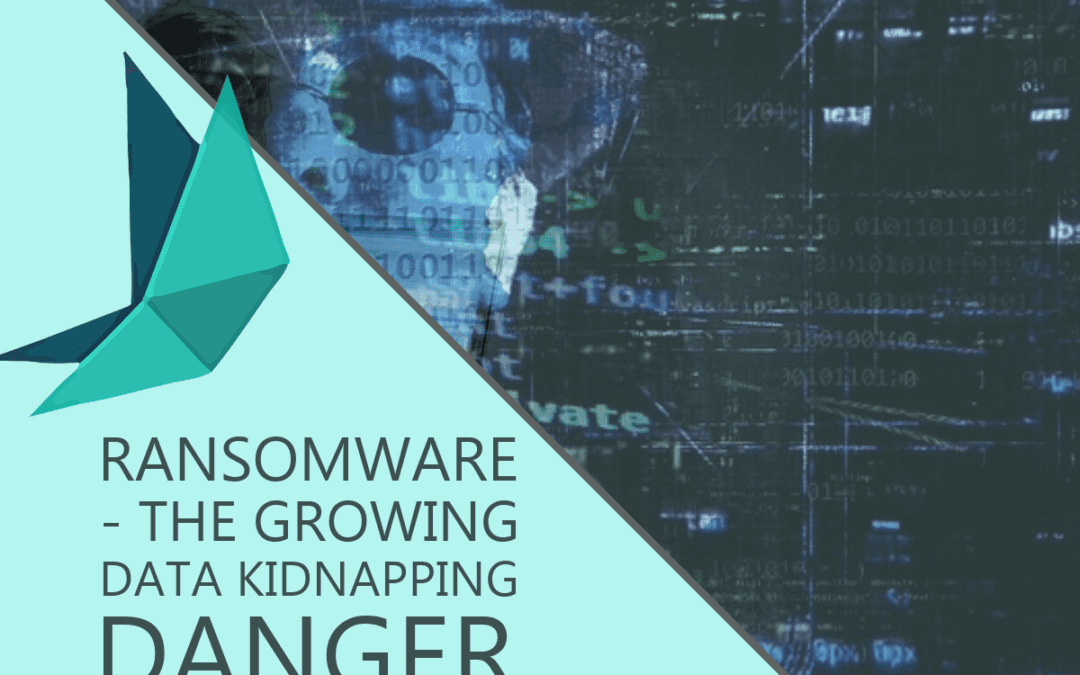Ransomware Attacks are on the Rise
What is Ransomeware
Ransomware is a malware attack that encrypts a victim’s data so it can no longer be accessed and then demands a ransom. Once the payment is made, the attacker provides a decryption key to restore access to the victim’s data. The ransom amount can vary widely, ranging from a few hundred dollars to millions.
You can unknowingly download ransomware onto a computer by opening an email attachment, clicking an ad, following a link, or even visiting a website that’s embedded with malware.
The ransom is often demanded in a cryptocurrency such as Bitcoin, to facilitate an online and anonymous payment. If the ransom is not paid in a timely manner, the amount demanded may increase until ultimately the user’s data is destroyed entirely.

Some Scary Ransomware Statistics
The Data Breach Investigation Report (DBIR) says there was a 13% rise in ransomware attacks year-over-year from 2021. This rise is a greater increase than the previous five years combined.
- The Ransomware Taskforce estimated that small businesses were the victims of 70% percent of ransomware attacks in 2021.
- Almost half of the organizations (49%) paid ransom to prevent revenue losses, and another 41% paid ransom to quicken the recovery process.
- Even if companies pay the settlement, they typically only get about 60% of their data back. Only 4% received all their data.
- Once you pay, the same group of criminals often attack again in six months to a year. And they can sell your info on the dark web announcing to other cybercriminals that you’re an easy mark.
Scariest of all – Ransomware has become so lucrative that you don’t even need to be tech-savvy, Ransomware-as-a-service (RaaS) is a cybercrime economic model that allows malware developers to earn money without the need to get their hands dirty. Criminals buy the software and launch the infections paying the developers a percentage of the take.
Tips From the FBI
The best way to avoid being exposed to ransomware—or any type of malware—is to be a cautious and conscientious computer user. Malware distributors have gotten increasingly savvy, and you need to be careful about what you download and click on.
Other tips:
- Keep operating systems, software, and applications current and up to date.
- Make sure anti-virus and anti-malware solutions are set to automatically update and run regular scans.
- Back up data regularly and double-check that those backups were completed.
- Secure your backups. Make sure they are not connected to the computers and networks they are backing up.
- Only use secure networks, avoid using public wi-fi
- Practice safe surfing


Want to Learn More?
Explore how timely website updates and other strategies can increase your business security. Connect with your Emerge Multimedia team: Amy, Janet and Nadine!

